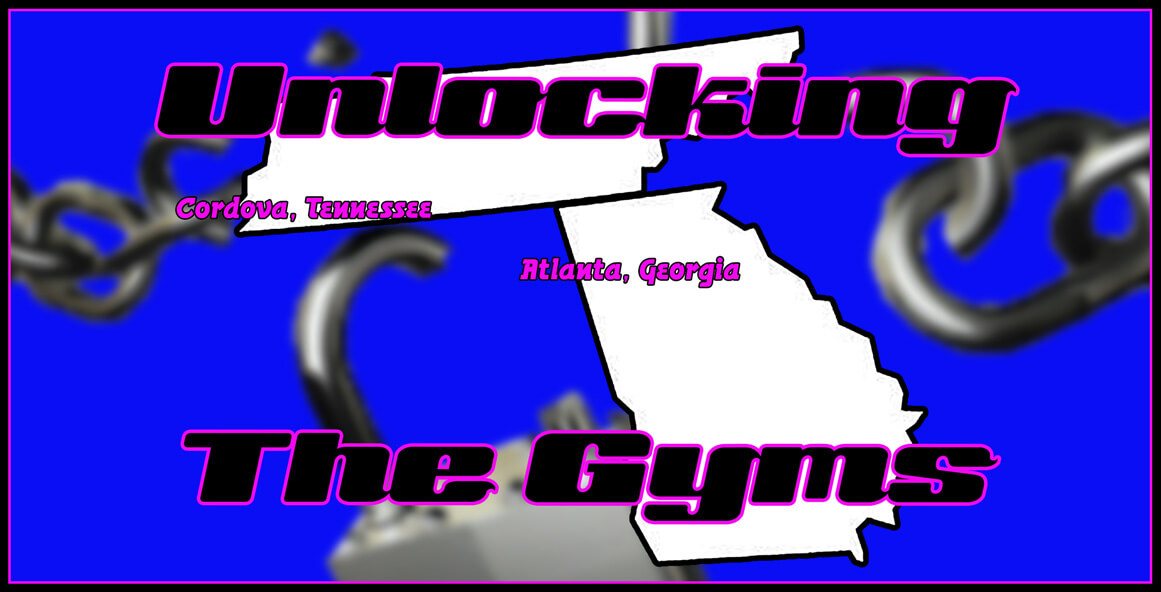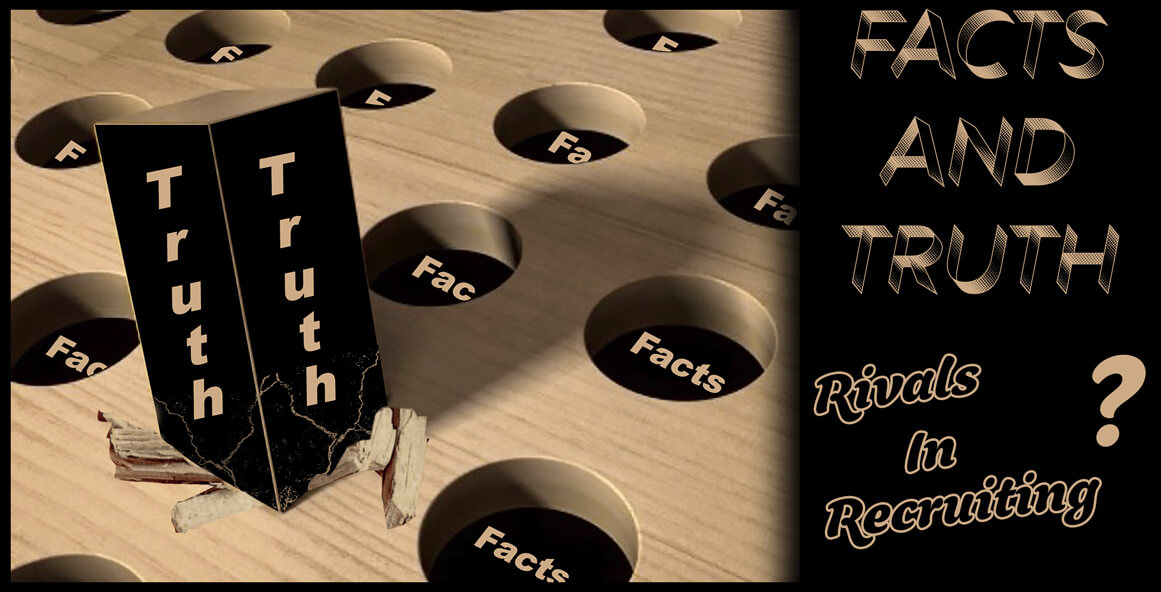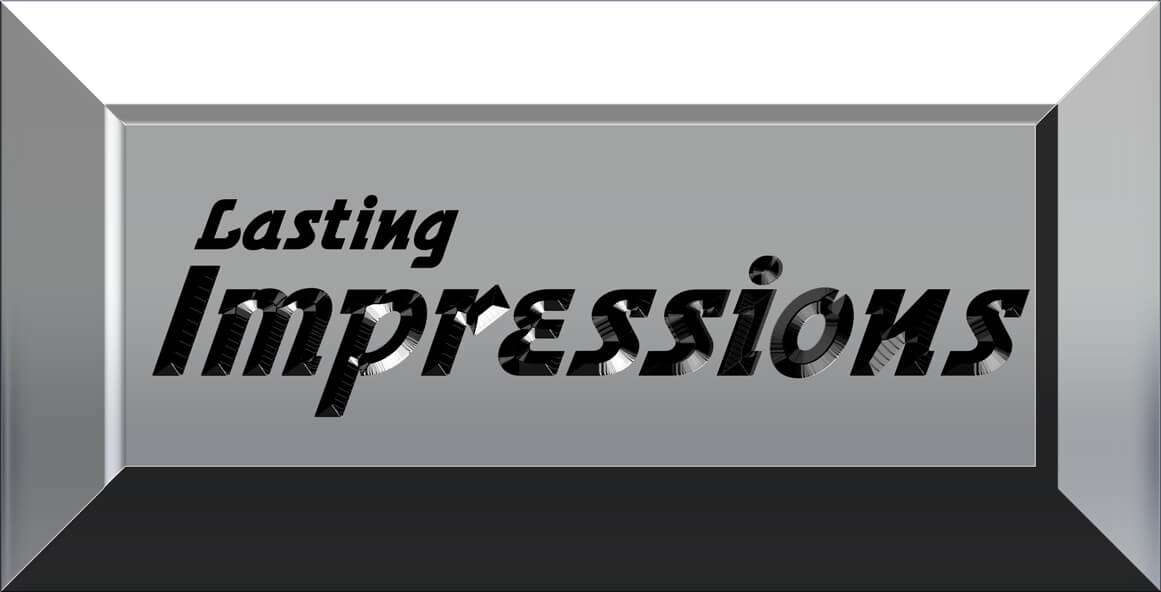
Call this a contemplative self-examination. Maybe refer to it as a deep look inside ourselves. Or how about just settling for it as some thoughts about the changes in media and its role in high school and club basketball as well as colligate recruiting.
After years of being virtually ignored by the print and broadcast media, web sites and social media are now providing exposure to athletes, events, recruitment activity as well as serving up commentary from both the knowledgeable and the clueless. What comes with this modern version of “coverage” are blurred or erased boundary lines, personal agendas and individuals who erroneously believe that their contributions give them relevance in the sport. You also now have the pleasure of enjoying media outlets that spend half their time self-promoting and telling followers just how hard they happen to be working in the event you couldn’t appreciate their efforts for yourself.
The irony of this media evolution is the fact that the greatest growth period in non-scholastic and high school girls basketball happens to coincide with a period that finds struggling traditional information outlets desperately trying to redefine themselves and the manner in which they operate. Today the immediacy of electronic media gets the word out quicker and its forum, the web, offers a breadth of coverage like never seen before. On the other end the consumer no longer needs a newspaper in hand or a television or radio to receive broadcasts. Laptops, I Pads, smart phones and whatever might happen to come next provide both mobile and constant information access.
Accessibility isn’t simpler just on the side of those receiving information. The door is wide open these days for virtually anyone to post, write, blog, tweet or any other one word description you chose for the activities of those providing their version of events. That’s not exactly all bad. In the past we had to endure individuals who deemed themselves “experts” simply because they happened to have a journalism degree and a press credential. Plenty of evidence exists that says just sitting in a classroom or courtside is no guarantee of wisdom or insight.
Parents, as well as club and high school coaches, need to closely monitor all media requests and interaction with their daughters or athletes. The level where virtually all the participants are legally minors still operates with little or no screening process for media access. On the college level you have Sports Information Directors and coaches to go through before you can talk with an athlete. Professionally Media Directors and agents sift through the requests for interviews before the media gets face time beyond the locker room or scheduled press conferences. Not so out on the evaluation and recruiting trail. Caution, knowledge and objectivity are keywords in the gym since almost any group or individual can now step up and proclaim themselves to be a media representative, scouting service, web site operator or blogger.
It’s human nature to want to be recognized for your efforts and even the most minimal ego enjoys seeing their name or photo online, in print or broadcast. However, as rewarding as that may be, it’s important to keep perspective. In the bigger picture what does electronic exposure actually mean? In no way does it make you a better player. Absolutely no reputable school or remotely qualified coach is going to make a scholarship offer because of someone else’s thoughts or evaluations. And those rankings that everyone craves…if they’re truly objective…will be based solely on your play and not on what events you participated in or whether or not you happened to be media friendly.
Recently a group of teenaged athletes were told that “It’s the media’s job to deal only with the facts and it’s your job to cooperate”. Seriously? It’s not your “job” to cooperate, it’s your choice. A young woman of high school age is in no way obligated to talk with the media just because she happened to play in a high school game or club event. There’s nothing wrong with requiring any media, evaluation or web site representatives to go through parents or coaches to get permission before talking with a minor. In fact, it’s common sense. If she and her parents are comfortable with the situation, go for it. Just make sure she understands that it’s absolutely OK and completely appropriate to respond to any approach or inquiry by saying “please talk with my coach” or “please ask my parents”.
Here are some good standards to keep in mind when dealing with the “new” media surrounding high school and club basketball
Talk with them only if you’re comfortable doing so and never hesitate to say no or request that a parent or coach be present
Regardless of what the logo on their chest says, it’s not wise to play favorites and it’s certainly not your responsibility to help someone do their job…Keep in mind they always have an agenda
Never make your team wait while you talk with the media after a game nor should you use the time prior to a game that you should be on the floor warming up
Think carefully about what information you chose to share with anyone regarding your recruitment…Any misrepresentation can impact not only you but other programs and recruits
Never forget that despite NCAA regulations, college coaches and media representatives are talking about recruits and sharing information…Always assume whatever you say is going to be shared…If you don’t want it “out there” keep it to yourself
Also, keep in mind that if you know them through basketball, they’re not genuinely your friends, they’re acquaintances…Regardless of how friendly they may seem during an interview, any further contact should always be short and business related…An adult calling a minor for any other reason is inappropriate and should be reported to parents and authorities
Don’t provide anyone with a list of school unless it’s a final list…If you’re still open to other schools, say exactly that…Providing a list of schools while you’re still open can lead other programs who may be interested in you to move on without checking things out
On that topic, you’re not narrowing your list if you’ve still got 10 or 12 schools…That’s thinning the herd and it’s hardly news…When you get to five or three, you’ve narrowed your list
Be careful in publicizing your visits…Sharing “where” you intend to visit isn’t an issue so much as “when”…Like any other form of social media it’s neither wise nor safe to provide specifics that would allow anyone to track down your location
When you finally make a commitment, make your calls to coaches first…Do not let the programs that were willing to invest almost a quarter of a million dollars in educational and athletic opportunities in your future find out over the internet that you chose to go elsewhere
When you do contact the media, you don’t “owe” anyone anything…Let them all know at the same time…There will be those wanting you to call them first or to give them a heads up…Because they’ve covered, ranked or interviewed you in the past entails no obligation on your part
As an individual or team, avoid attending events for media or evaluation reasons…They have plenty of opportunity to see you in both club and high school competition…Parents should be cautious of participation decisions being made because of media presence…Don’t allow ego to get in the way of smarter, recruiting based decisions
It would be inappropriate to talk about the media surrounding the game today without also addressing how to interpret it as well. Beyond simple outcome coverage of an event and feature stories, a large majority of content is simply opinion. As such it’s imperative to know and understand the source of what you read before you give credibility or blow a fuse. A short biography or background is usually provided and in turn allows you to determine for yourself just how much validity you want to give to an article or evaluation. As mentioned earlier, just being in the gym or attending events hardly provides any expertise. Don’t take anything as gospel just because it happens to be on a site or outlet you recognize. Name alone doesn’t guarantee creditable work as evidenced by some irresponsible content from one entity recently that impacted the recruiting efforts of several programs and in turn some athletes themselves.
The media is an integral part of the landscape of today’s scholastic and club game. Evaluations, rankings, commitments, blogs and video features join both Twitter and Facebook to satisfy the curiosity of even the most ardent fans, families and participants. It’s fun, it’s entertaining and often it can even be informative. It’s also reflective of media in our society in general. With the extensive number of outlets and virtually instantaneous network of social media, being first is hardly the feather in the cap that it used to be. We have a new version of “channel surfing” that has folks comparing the coverage and evaluations of several sites regardless of who had the scoop. In that light, it’s important that athletes approach their interaction with all media cautiously and equally critical that those who follow do so with perspective and a sense of humor. Set the bar high.
Additional article contribution by Prentice Beverly.
Mark Lewis is a national evaluator and photographer for Blue Star Basketball as well as the lead columnist for Blue Star Media. Twice ranked as one of the top 25 Division I assistant coaches in the game by the Women's Basketball Coaches Association (WBCA), he logged 25 years of college coaching experience at Memphis State, Cincinnati, Arizona State, Western Kentucky and Washington State. Lewis serves as a member of the prestigious McDonald’s All-American selection committee as well as the Naismith College Player and Coach of the Year committees.

Latest Articles
-


Christopher Lawlor
/ 24 hours agoNBPA Top 100 Camp moves venue but the top-notch talent, coaching still shines in South Carolina
ROCK HILL, S.C. — The National Basketball Players Association tipped off its annual elite...
-
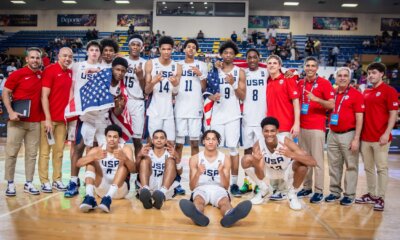

Christopher Lawlor
/ 4 days agoUSA defeat Canada in FIBA U16 AmeriCup Final to lift the trophy for ninth time with a perfect mark; Nasir Anderson earns Most Valuable Player
CIUDAD JUAREZ, Mexico – The FIBA U16 AmeriCup 2025 throne has the United States’...
-
Christopher Lawlor
/ 7 days agoSPEARHEADED: Americans crush Brazil by 79 points at FIBA U16 AmeriCup quarterfinals; Marcus Spears Jr. puts up 16 points and 9 rebounds
JUAREZ, Mexico — The USA men passed its first test in the knockout stage...
-
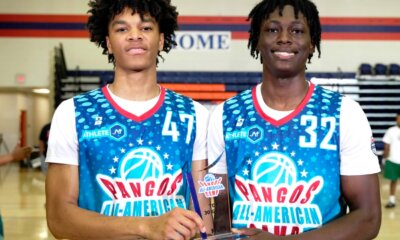

Christopher Lawlor
/ 1 week agoSTARS SHINE: Bailey, Costello earn Co-MVPs at 23rd Pangos All-American Camp in Las Vegas; three Santa Margarita (CA) players recognized
LAS VEGAS – The Pangos All-American Camp did not disappoint. For three days the...
